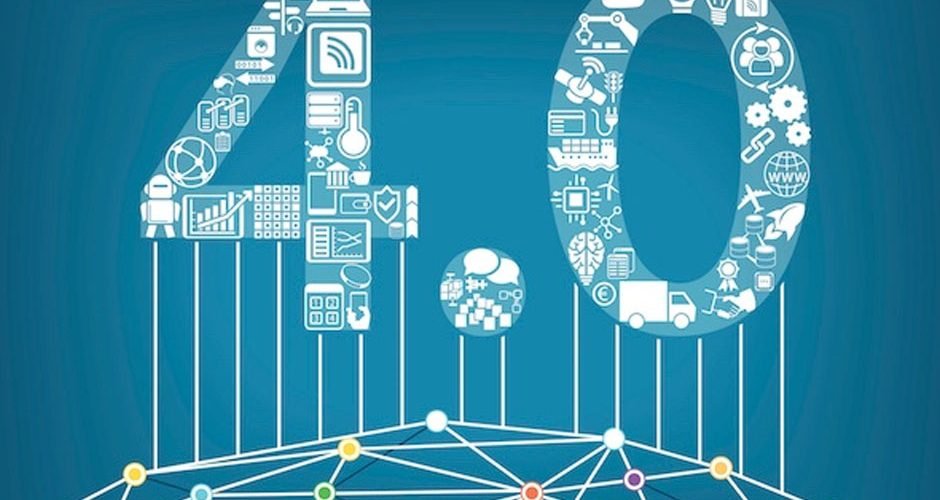We live in an era of rapid technological advancements reshaping industries and societies. The Fourth Industrial Revolution, also called Digital 4.0 or Industry 4.0, is at the forefront of this transformative wave. It represents the convergence of digital technologies, automation, and connectivity, revolutionising how we live, work, and interact. Let’s learn more about the concept of Digital 4.0 and explore its key components, implications, and the opportunities it presents for individuals and businesses alike.
Table of Contents
Understanding Digital 4.0
Digital 4.0 is a term used to describe the integration of advanced digital technologies and automation into various aspects of our lives. It encompasses technologies such as the Internet of Things (IoT), artificial intelligence (AI), robotics, big data analytics, cloud computing, and augmented reality (AR), among others. These technologies are interconnected and work together to enhance efficiency, productivity, and innovation across industries.
Key Components of Digital 4.0
- Internet of Things (IoT): It refers to the network of interconnected devices, sensors, and objects that communicate and exchange data over the Internet. It enables the collection and analysis of real-time data, facilitating automation, predictive maintenance, and intelligent decision-making.
- Artificial Intelligence (AI) and Machine Learning (ML): ML and AI technologies empower machines to mimic human intelligence and learn from data patterns. They enable automation, predictive analytics, natural language processing, and image recognition, revolutionising the healthcare, finance, manufacturing, and transportation industries.
- Robotics and Automation: Advanced robotics and automation systems are key drivers of Digital 4.0. Robots can perform complex tasks, collaborate with humans, and operate autonomously in various industries, including manufacturing, logistics, and healthcare.
- Big Data Analytics: The exponential data growth has created opportunities for extracting valuable insights through advanced analytics. Big data analytics enables organisations to gain meaningful insights from huge amount of data, leading to informed decision-making, personalised experiences, and improved operational efficiency.
- Cloud Computing: This provides on-demand access to a shared pool of computing resources, including storage, applications, and processing power. It allows businesses to scale their operations, enhance collaboration, and leverage cost-effective and flexible IT solutions.
Implications and Opportunities
- Economic Transformation: Digital 4.0 has the potential to reshape economies globally. It fosters innovation, creates new business models, and drives economic growth. Companies that embrace digital technologies gain a competitive advantage and open doors to new markets and revenue streams.
- Workforce Transformation: The rise of Digital 4.0 has significant implications for the workforce. While automation and AI technologies may replace some jobs, they also create new roles and opportunities. Reskilling and upskilling the workforce are essential to adapt to the changing job landscape and take advantage of the emerging digital economy.
- Improved Efficiency and Productivity: Digital 4.0 enhances operational efficiency and productivity across industries. Automation and data-driven insights streamline processes, reduce errors, and optimise resource utilisation. This results in cost savings, faster time-to-market, and improved customer experiences.
- Personalised Experiences: Digital technologies enable businesses to gather and analyse vast amounts of data, allowing for customised products, services, and experiences. This enhances customer satisfaction, loyalty, and engagement.
- Sustainable Solutions: Digital 4.0 is crucial in driving sustainability initiatives. By leveraging IoT, AI, and data analytics, businesses can optimise resource consumption, reduce waste, and make informed decisions towards environmental sustainability.
Challenges and Considerations
While Digital 4.0 brings numerous opportunities, it also presents challenges. Concerns around data privacy and security, ethical considerations in AI and automation, and the digital divide need to be addressed. Collaboration between governments, businesses, and communities is crucial to ensure an inclusive and responsible digital transformation.
Digital 4.0 represents a new era of innovation, disruption, and growth. The convergence of digital technologies is transforming industries, economies, and societies. Embracing this revolution presents exciting opportunities for businesses to enhance efficiency, deliver personalised experiences, and contribute to sustainable development. Individuals and organisations must embrace lifelong learning and adaptability to thrive in the digital age. By harnessing the power of Digital 4.0, we can unlock new possibilities and shape a future driven by technology, connectivity, and human ingenuity.





